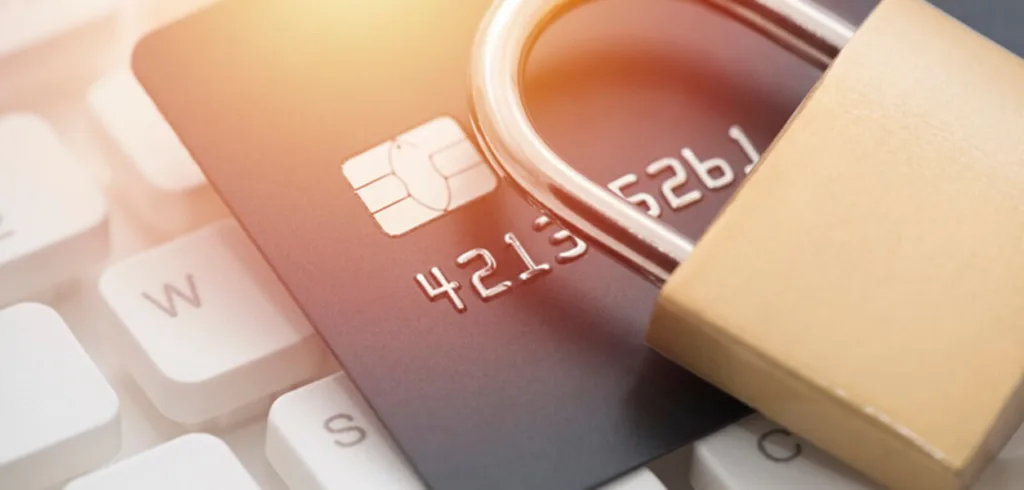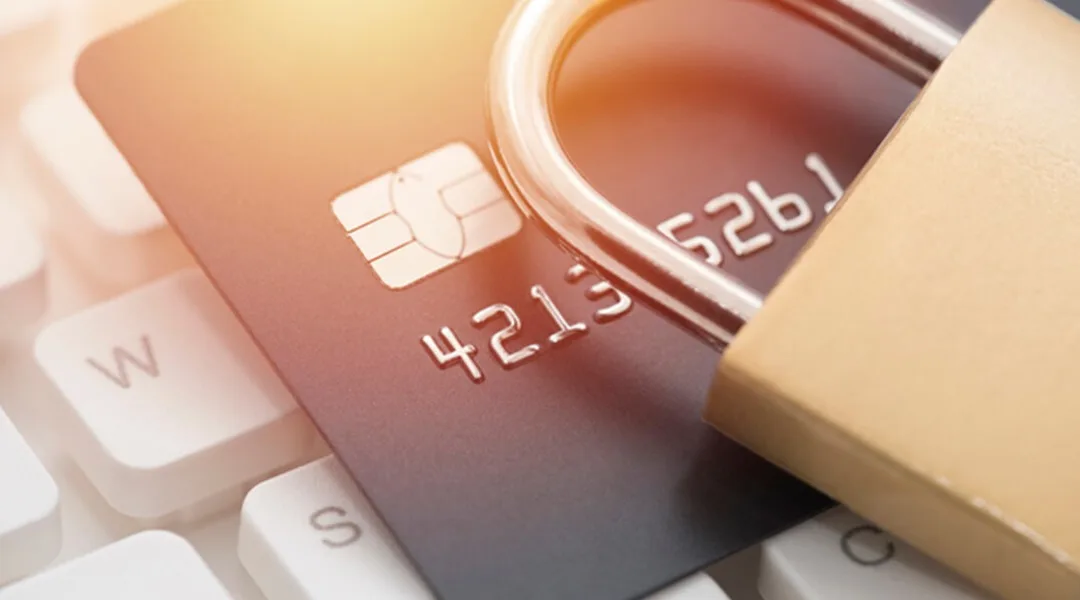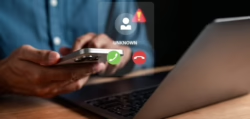
Avoid these top ways to take your money
Unrecoverable!
The word that makes your blood run cold. You know the story; it’s often in the nightly news. A visibly upset older Australian describes how they checked their bank account and the balance had dropped dramatically. They’ve been scammed and their bank has told them that the money can’t be recovered. How could this have happened to them?
Australians part company with $92 million a year due to scamming activity. So how can you avoid this happening to you? As part of Retirement Essentials’ ongoing mission to help all our members protect their savings, today we look at ways to avoid scams both online and off.
What is a scam?
Let’s start with the definition offered by the Australian Competition and Consumer Commission (ACCC) which says that a scam is a way of tricking someone into handing over money or their personal details. There are trends in scams – you may remember the famous Nigerian email requests for money transfers as well as various types of dating scams, fraudulent calls from people saying they work for the Australian Tax Office and, more recently, text messages claiming unpaid fees for motorway tolls. Whether the request comes via email, phone, text or a knock at the door, they are all ways to get you to hand over funds or personal information.
How can you avoid them?
Start by arming yourself with knowledge about the way scammers work, so you can recognise a suspicious approach from the outset. The ACCC is very active in helping Australian consumers keep themselves safe. One of its key offerings is the Scamwatch website, which you can visit to inform yourself about the various ways scammers operate and new types of scams so that you don’t get caught out unawares. It also helps to know the various different ways scammers work so you are on high alert if they target you. Knocking back a request, deleting the email or text and reporting the scam is sensible if you are unsure about the validity of the organisation which has approached you. Legitimate businesses will always reapproach you in ways that you can verify, so deleting a suspicious first approach is a low risk strategy.
Most common scams to avoid
The ACCC has compiled the following list of top scams from the thousands that are reported every year. It does not mean you are foolish or gullible if you get caught out as many scams are sophisticated and highly convincing. Here’s the top eleven scams as defined by the ACCC:
- Dating and romance: The scammer creates a fake profile to lure you into a relationship, then asks you for money or to invest in something.
- Investment scams: The scammer gets money from you for a fake investment opportunity.
- Buying or selling: The scammer creates fake online stores or classified ads to sell you a product that doesn’t exist. Scammers may also send fake invoices for services or products that you did not order.
- Attempt to gain your personal information: The scammer tricks you into handing over banking or personal details, then uses these details to steal money or gain other access like taking out a loan in your name. These scams include hacking, phishing and remote access scams and identity theft.
- Threats and extortion: The scammer claims you have an unpaid bill, fine or debt, and uses threats to make you pay them. The scammer may pretend to be from the police or well-known fraud department and trick you into giving your personal or banking information or access to your computer or device.
- Job and employment: The scammer promises you a high-paying job that doesn’t exist or a money-making opportunity in the form of a Ponzi or pyramid scheme.
- Unexpected money: The scammer tells you that you’re entitled to money or valuable assets but you must make upfront payments to get them.
- Travel, prizes and lottery scams: The scammer tricks you into giving them money or personal details to get a prize from a lottery, sweepstake or competition.
- Fake charities: The scammer convinces you to pay money to a fake charity.
The fake charity scam can be difficult to recognise as scammers jump onto disasters and conflict as soon as they occur (e.g. bushfires or regional floods in Australia) and create plausible ‘charities’ for those with big hearts to make donations. Here’s a link to the Australian Charities Not for Profit Associations list of registered charities so you can check whether a cause is legitimate or not.
Other ways to stay safe
The Little Black Book of Scams created by the ACCC is an extremely handy summary of scams, and ways to avoid all the different types. It is downloadable as a PDF and well worth the 20 minutes or so it takes to read and digest. It also has helpful links to report scams and a list of agencies for different types of potential fraud. You can report scams to the ACCC itself through the Scamwatch website. You can also subscribe to receive free email alerts on new scams which are currently targeting the unwary.
Retirement Essentials offers a range of support services for retirees which are designed to help maximise entitlements and provide bite-sized advice for different life stage income needs. One of our most popular consultations is with an adviser who guides clients through a safe spending simulator, showing different scenarios and allowing the clients to better understand their options. Here’s a link, also, to the most popular articles we featured in 2023.
Have you ever been scammed?
If so, how did you manage this matter?
Do you have tips for others to avoid this stressful occurrence






I was scammed by a noted financial advisor USA . It took a long while to obtain a refund ,Visa , but NAB successfully remedied the situation.
My experience ,use PayPal , use ebay , delete anything that you are not expecting .
Am currently chasing a supplier that i’ve used before ,Ropes Galore Sydney. No contact can be made , PayPal is investigating.
Hi Bob, thanks for sharing your experience. I, too, have found my bank to be helpful with credit card fraud. I also purchased some lights online and am still waiting – so got caught out on that one, lesson learned, only purchase from companies you believe to be trustworthy …warmest Kaye
Charity scams are not always unfamiliar charities. I was scammed by someone using Meals on Wheels. Because my parents worked for this organisation for 25 years I “bought” tickets. I was surprised that they started at $5,000! I didn’t buy for anything near that sum, but I did pay quite a bit more than I would usually. When the same person called near Christmas with exactly the same speil, I became suspicious and did not buy any. I reported the number the person called from and haven’t heard anything more since.
Thank you for this information. It is very helpful
If a company contacts you regarding a payment, inquiry about your personal information, selling something you may be interested in etc, do not proceed. I have informed the caller that I would contact that company myself, if possible, to confirm that contact. As was often the case, the caller would hang up.
On facebook, dyson stick vaccums are being sold cheap, stating Bunnings is offloading these expensive vaccums as the no longer have a contract with Dyson. After paying, never get product and then they keep charging larger amount to credit card. My bank has been good with disputing but I still have to pay foreign exhange amount. This is ongoing, may have to cancel credit card.
Ouch Carolyn, that’s a tough experience – hope you can resolve it soon. warmest
Kaye
There is nothing to stop scammers sending their scam emails. The first and last defence is the receiver of the scam emails. Firewalls cannot tell the difference between a good email and a scam email, neither can the infrastructure of the Internet recognise the structure of an email. Of course, and cyber security rules that you have on your website cannot be applied to another website on the Internet. So why is it the average Internet user is expected to cope with this cyber security situation that has nothing to do with them?
I recently had someone hack into my PayPal account. They transferred $290 from my bank account into PayPal. I alerted PayPal who said not to worry when the funds are cleared just transfer it back. And don’t worry I had fraud protection.
I didn’t know that the hacker had set up their own bank account in my PayPal. They transferred the $290 into their account. PayPal had sent me a message seeking confirmation of the payee account which alerted me to the fact the account was sitting there. I didn’t confirm and immediately deleted the account. Too late even though it was a pending transaction it was still going to go through.
PayPal advised that after “investigating” nothing untoward had happened and no further action.
It took several email exchanges and eventually a phone call before they acknowledged the unauthorised transaction and did refund my $290. My initial mistake was I didn’t have 2 factor authentication – I do now! The good thing was I didn’t give up.
Not giving up is smart, Roger. Installing two-factor authorisation (2FA) is even smarter! As tedious as this can be, this is now the best way to manage most of our accounts – thanks for reminding us! warmest, Kaye
G’day Roger, I went to my bank and set up an account with a debit card to use for PayPal transactions, after 2 sellers kept taking little bits of my money without my authorisation. I only put money in the account before I purchase something. Its a bit of mucking around , but it gives you a chance to think about whether you really need to make the purchase and the filthy scammers can’t take money thats not there.
My husband was scammed when someone lodged a tax return saying he earned $106,000 but my husband is on a disability pension. Can’t work either.
The person who lodged the tax return changed the banking details to their own bank account (or one lodged under another scammed persons bank account) so any refund would go to them.
ATO have locked his ATO login now and I’m just letting ppl know “it’s that easy” for scammers to change bank details on line.
Another reason the internet is a bad thing!
I posted some furniture on a well known site. Immediately I received a response that an intended purchaser was “very” interested. We communicated on messenger, “she” said she would pay via PayId only and a relative would call by and collect the goods. I was onto this and explained politely that I could only accept cash on pickup. “She” offered to show me proof of identity (a stolen identity?) and offered to pay more than my asking price (that was a clue to fraud) but I declined. If I’d accepted, I would have been inviting people of dubious character into our house to case the place, I would have seen our furniture go out the door and never seen a dollar. I’ve sold items years ago without this grief, it pays to be aware.
I work in this area. Really simple effective counter measures are
– use unique email and passphrase for banking that is not shared with anyone else. Note passphrase such blueapplehorsecloud that is long in length which will take millions of years to crack
– let all telephone numbers you don’t recognise go to voicemail as if you answer scammers know to call you again via a different number
– use safe exchange parking outside a police station if you buy or sell online
– if older than 25, keep your drivers licence at home and not in your wallet as Police can check your ID via their computer
– check authenticity of a website through scam advisor before you buy
– never record your voice on social media to avoid cloning. Any voice message should be no greater than three seconds
– check your password strength on security.org and see if your details are being sold on the dark web via have I been pwned
Hi Andy, these tips are really helpful – thank you so much for taking time to share them warmest Kaye
If your given a link…or a webpage addrees/URL, then type it into your browser. if by checking the information against the scam you soon find out if it’s false or misleading. NRVER click on links and Banks won’t send links anymore anyway. Never espond to Email before phoning or looking them up and logging in to check. Most are obvious scams, but some very clever ones too. Bank URL’s have one different character to the ones scammers send. And the fans page looks every bit like the real thing…Type it in yourself and CHECK things.
I always click on the little arrow alongside the supposed senders name. This brings up the actual email address it was sent from, this will tell you if the email is actually from the supposed sender and if the email is legitimate or not.
I had someone from overseas scam me last year. The money was taken from my account and when I approached St George Bank (which was as soon as I realised it had happened) they told me that I had purchased a game from an overseas shop. I told them that I didn’t and would not ever buy something in this way. The dispute went backwards and forward with this bank. I got a new card issued and within two weeks I was scammed again. Long story short the bank didn’t refund my money. I had to close my account and opened a new account as my account was compromised. I think this happened internally as they shouldn’t have been able to access a new card. Not all banks do the right thing.
Purchased a golf bag before Christmas from a facebook add ex China.
They took extra than was quoted from my account, won’t respond to any email enquiries and have duped over a hundred others like me.